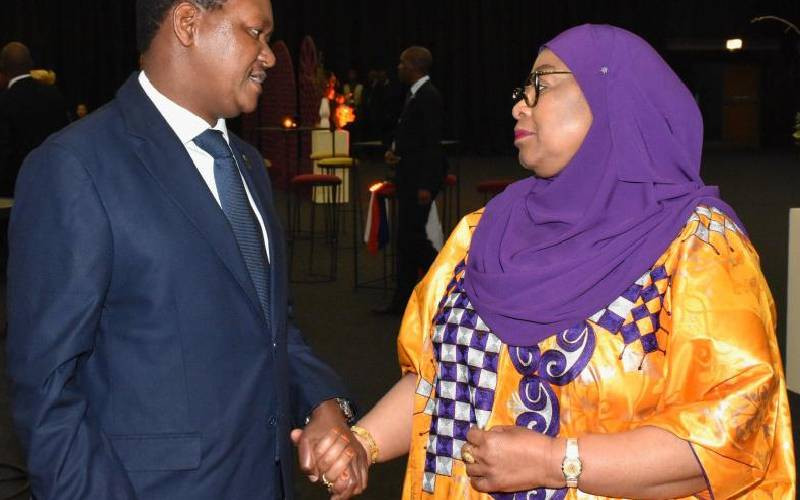×
The Standard e-Paper
Fearless, Trusted News

Nairobi this week hosted more than a dozen African leaders and some of the world's fiercest climate change activists for the maiden edition of the Africa Climate Summit.
The event, held from Monday to Wednesday, had been convened to address Africa's increasing exposure to climate change and its associated costs on the continent.